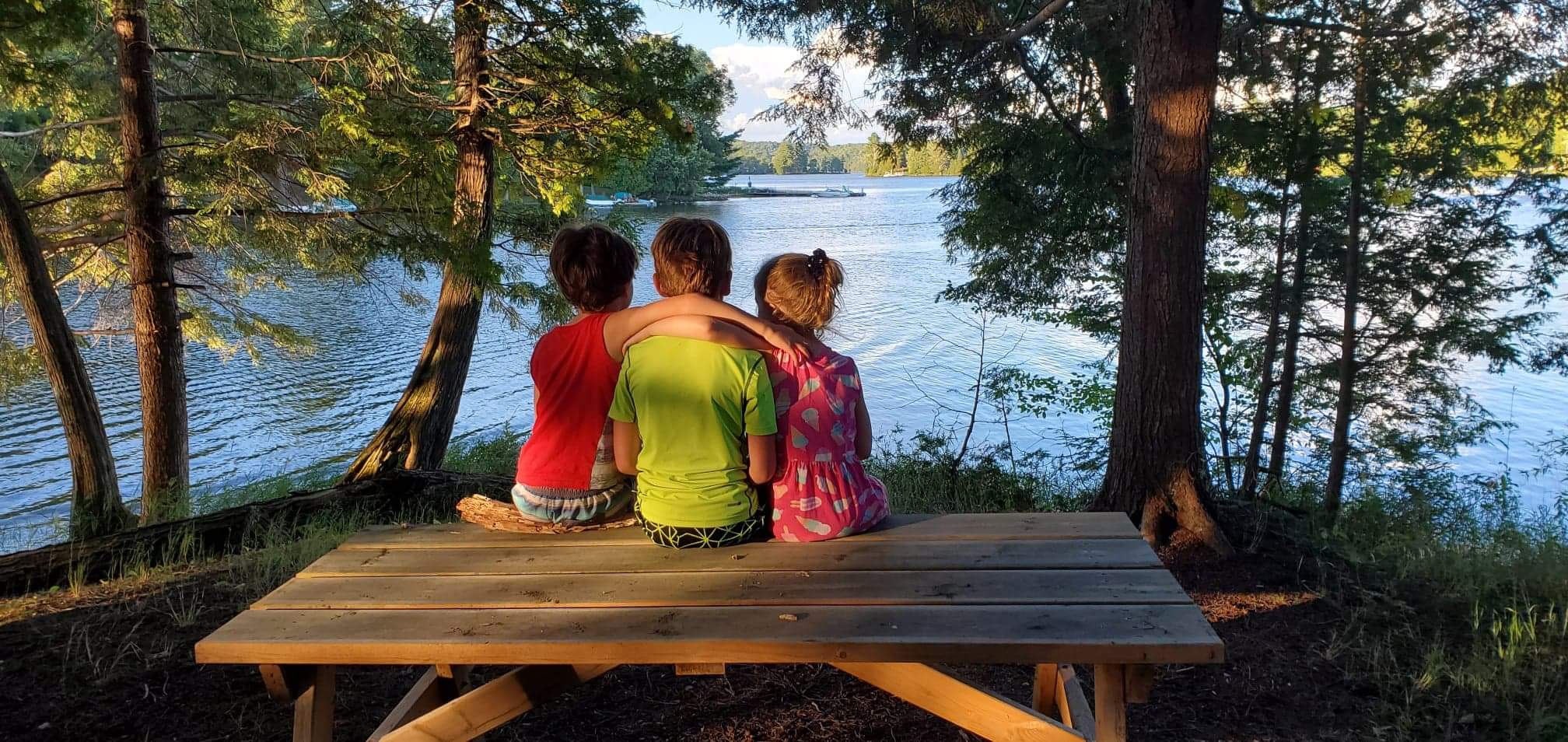Growing up I remember witnessing various forms of bullying at school. Throughout elementary school there was always a “bully” in every classroom. Back then, long before social media, the kids who were targeted at school got some respite when the bell rang. A few of those “victims” were my friends and I recall the lasting impacts on their self-esteem. Fast-forward 30 years and bullying has only escalated. With the addition of social media, targeted kids have nowhere to hide.
I am writing today as a parent of three. I would like to preface this by saying that my children have a solid support system at home…but not everyone does.
My re-introduction to bullying started with my oldest son at three years old. THREE. And continued on to my younger ones when they entered Junior Kindergarten some years later. I feel sick to my stomach when my children came home from school – a place they should love at their ages – in tears. We have raised our children to be kind to others, to express their emotions and help their friends. Unfortunately, these traits have made them into easy targets for bullying. I’ve seen name-calling, verbal and physical attacks. These “incidents” are dealt with as they arise but the effects run deep. The scars that these incidents have left on my children are long-lasting. I am certain that my youngest daughter will never be able to erase the marks on her (figuratively and literally, as she will always have a physical scar from one incident).
Bullying is a word that is not given enough weight.
It is harmful. It is scarring. It is traumatizing. And as adults, we need to do more to protect our most vulnerable.
“Bullying is classified as an Adverse Childhood Experience or ACE. ACEs are potentially traumatic events that can have negative, lasting effects on a person. For children and youth in situations of prolonged and repeated abuse – like bullying and cyberbullying – the impact can affect their development, the way they interact with others, and how they perform in school. It may also affect mental and physical health.” (stopbullying.org)
Kids who have been bullied, on average, are at a much higher risk for health issues due to negative coping behaviors to ease emotional pain – like substance use and self-injury. We also know that bullying can cause anxiety, depression, or other mental health concerns that may be treated with medications, even as these drugs can also affect overall health or cause other symptoms or side effects.
Bullies prey on vulnerable kids who have a hard time standing up for themselves. Kids like mine. Studies in Canada show that it happens every seven minutes on the playground and about every 25 minutes in the classroom. Bullying effects everyone – from the hunter to the prey and everyone in between – and can have long-term physical and psychological consequences.
Some side-effects I have personally seen in my children include:
- Withdrawal from the activities they used to love
- Stomach aches and headaches
- Panic attacks, anxiety, depression
- Feelings of worthlessness
When I think back to those events in my youth, I can only imagine where some of those kids are now. Some I know still live in that neighborhood, some are struggling with addiction, I even know a few who didn’t make it to their 30’s.
Those early life events have led me on the path to where I am today. They helped me choose to work for an organization like United Way, that supports families and kids like those I went to school with. I knew from a young age I wanted to help people and I am proud to work for an organization that does just that.
One of the ways that United Way helps disadvantaged youth and children is through various mentorship programs. Did you know mentoring youth can help heal the effects of these adverse childhood experiences (ACE) and reverse the negative effects on brain development and learning caused by trauma and toxic stress? Mentors can often help identify early symptoms of bullying and end it. Simple activities with a mentee like throwing a baseball can help to rebuild connections in the brain that may have been impacted by ACEs. Mentors also help youth feel a sense of belonging and can act as a first line of defense against adverse experiences.
If I can leave you with one takeaway from reading this, it would be to teach our children to stand up for themselves and each other and to always provide a safe space to talk about anything that makes them uncomfortable.
Ashleigh Doyle






